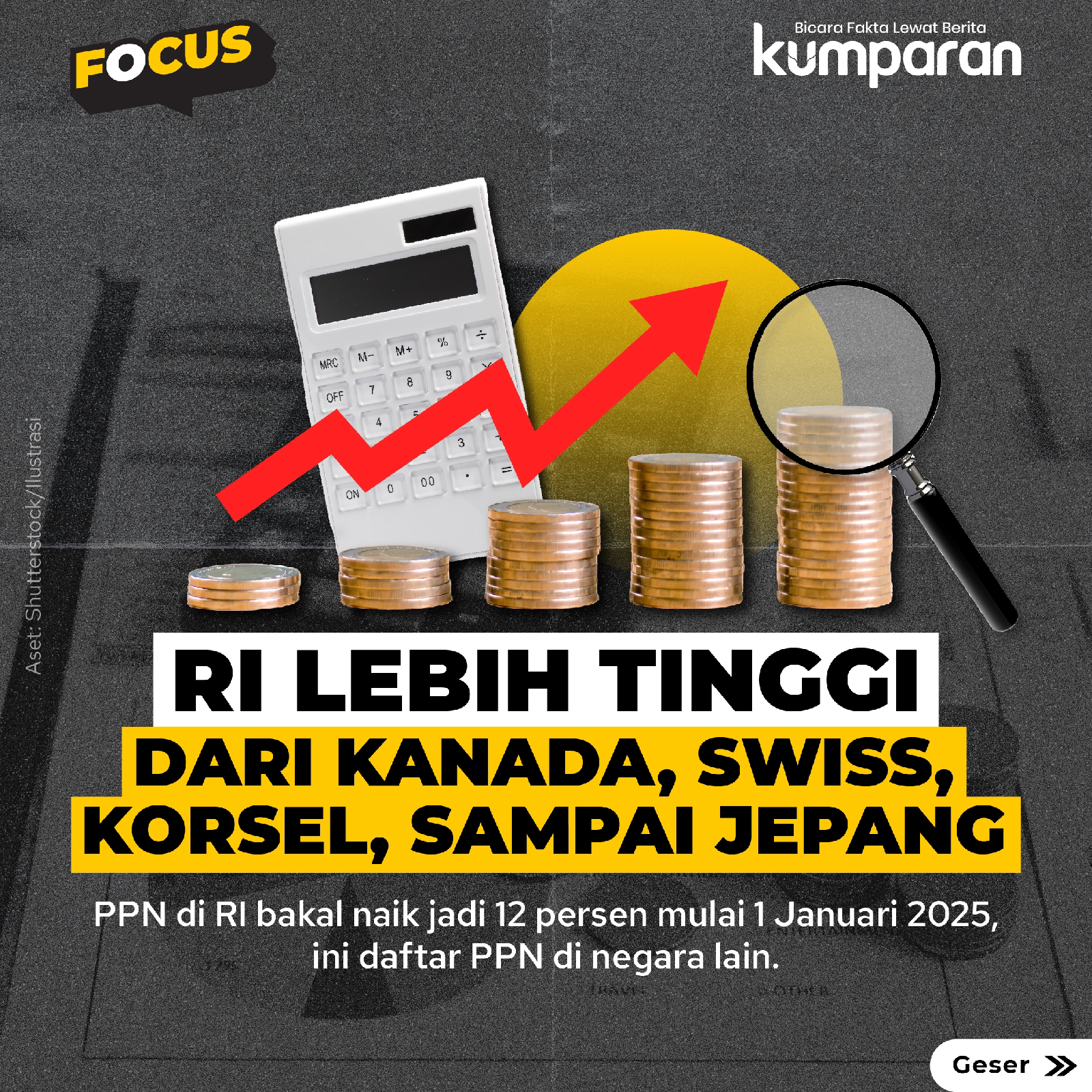VAT Increase to 12%: Perspectives and Hopes
The Indonesian government will raise the Value-Added Tax (VAT) from 11% to 12% starting January 1, 2025. This measure is regulated by law and has been approved by nearly all factions in the House of Representatives (DPR), except for PKS, as quoted by the Coordinating Minister for Economic Affairs, Airlangga Hartarto.
This VAT increase has elicited mixed reactions from the public. While there are concerns about potential price hikes for goods and services, on the other hand, it also raises hopes that the tax revenue will be used to improve the quality of public services, such as affordable mass transportation and free-of-charge health insurance. Ideally, this increase could serve as a step towards relieving citizens of small expenses like waste collection fees, as seen in developed countries.
Comparison with ASEAN Countries
In the ASEAN region, tax policies vary significantly. Singapore, for instance, implemented a Goods and Services Tax (GST) of 9% starting in 2024, but it offers highly efficient public services that support economic growth. Malaysia, with its Sales and Services Tax (SST), has a lower tax rate but at the cost of limited direct subsidies for its citizens. Meanwhile, Thailand and Vietnam still apply VAT at 7% and 10%, respectively, with different priorities in their state spending.
Indonesia, with a 12% VAT, ranks relatively high compared to other ASEAN countries. However, the key question remains: Does this increase align with the benefits that citizens will receive? If tax revenues are managed transparently and allocated to essential programs such as healthcare, education, and infrastructure, the public is likely to be more accepting of this policy.
Opinion
The VAT increase to 12% could be a pivotal moment for Indonesia to build a better public service system. However, the government must ensure that this policy does not disproportionately burden vulnerable groups. A fair and transparent taxation system, coupled with clear communication to the public, is crucial to gaining public trust. Additionally, Indonesia could learn from other ASEAN countries that effectively utilize their tax revenues to enhance societal welfare without imposing excessive burdens.




Comments
Post a Comment